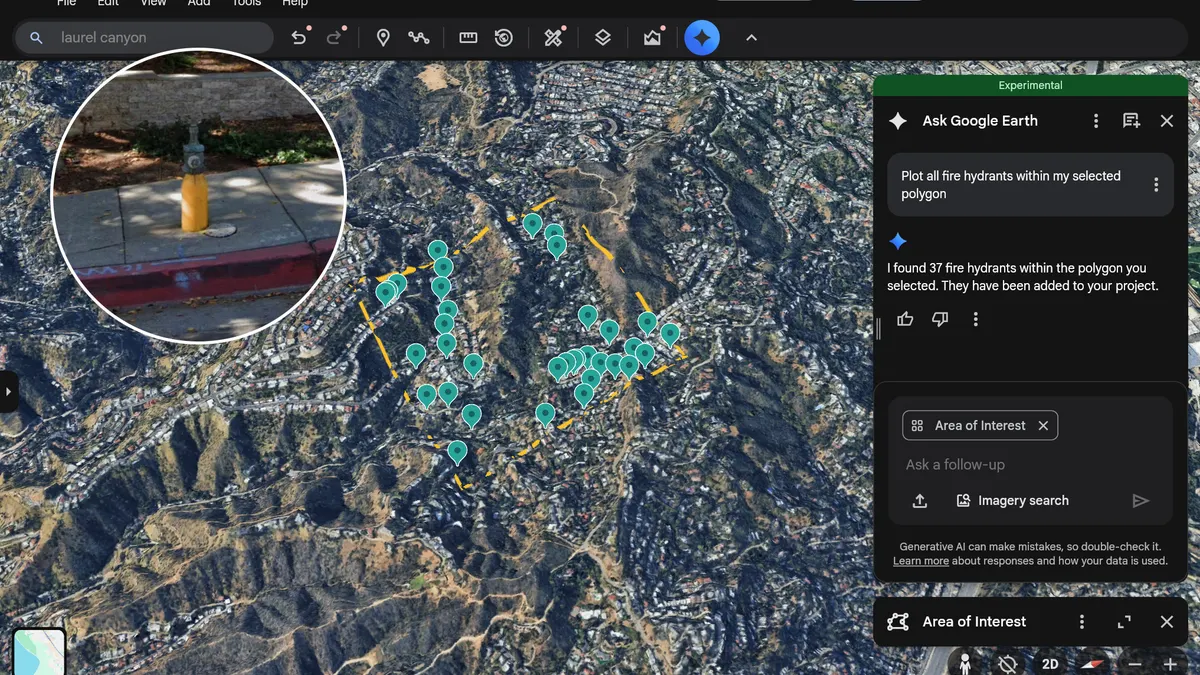Dive Brief:
- The U.S. Justice Department and RealPage reached an agreement Monday to settle a 2024 lawsuit that claimed the software provider enabled landlords to collude to raise rent prices beyond free market levels.
- The settlement, filed in the U.S. District Court for the Middle District of North Carolina, is subject to court approval. The agreement includes no financial penalties, damages or findings or admissions of wrongdoing, but puts guardrails around what data Richardson, Texas-based RealPage can collect and how it can use it.
- “This resolution with the DOJ was necessary to provide certainty and finality for RealPage and its customers to avoid protracted litigation,” said Stephen Weissman, Gibson Dunn partner and former deputy director for the Federal Trade Commission, in a Monday press release from RealPage.
Dive Insight:
According to RealPage, the settlement boosts confidence for the housing industry and demonstrates that its revenue management software can be used in compliance with the views of federal antitrust enforcers.
“This resolution marks an important milestone for RealPage, our customers, and the multifamily industry,” said RealPage President and CEO Dirk Wakeham in the release. “We are pleased to have reached this agreement with the DOJ, which brings the clarity and stability we have long sought and allows us to move forward with a continued focus on innovation and the shared goal of better outcomes for both housing providers and renters.”
Per the DOJ, the proposed settlement would help restore competition in rental markets for millions of renters, according to a Monday press release.
“Competing companies must make independent pricing decisions, and with the rise of algorithmic and artificial intelligence tools, we will remain at the forefront of vigorous antitrust enforcement,” said Assistant Attorney General Abigail Slater in the DOJ’s release.
Specifically, the agreement would require RealPage to:
- Cease having its software use competing rental management companies’ nonpublic, competitively sensitive information to determine rental prices in runtime operation.
- Cease using active lease data for purposes of training the models underlying the software, limiting model training to historic or backward-looking nonpublic data aged at least 12 months.
- Not use models that determine geographic effects narrower than at a state level.
- Remove or redesign features that limited price decreases or aligned pricing between competing users of the software.
- Cease conducting market surveys to collect competitively sensitive information.
- Refrain from discussing market analyses or trends based on nonpublic data, or pricing strategies, in RealPage meetings relating to revenue management software.
- Accept a court-appointed monitor to ensure compliance.
- Cooperate in the United States’ lawsuit against property management companies that have used its software.
Several state attorneys general are also pursuing their own legal actions. Earlier this month, four AGs asked a federal judge to reject nearly $142 million in settlements between renters and major property managers, arguing that the deals could undermine their ongoing cases. On Nov. 20, nine states reached a $7 million settlement with apartment giant Greystar, which used RealPage software.
Click here to sign up to receive multifamily and apartment news like this article in your inbox every weekday.














